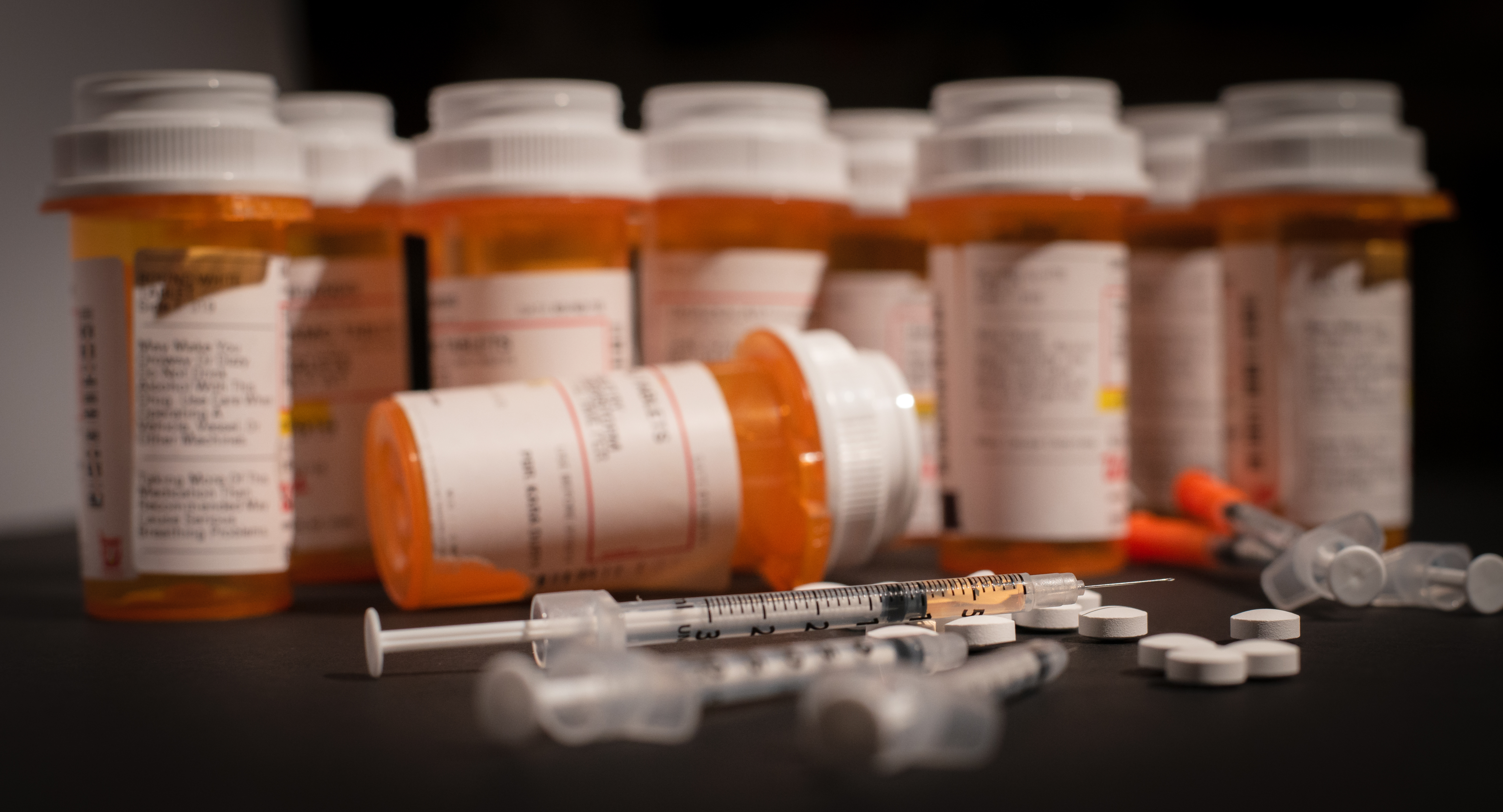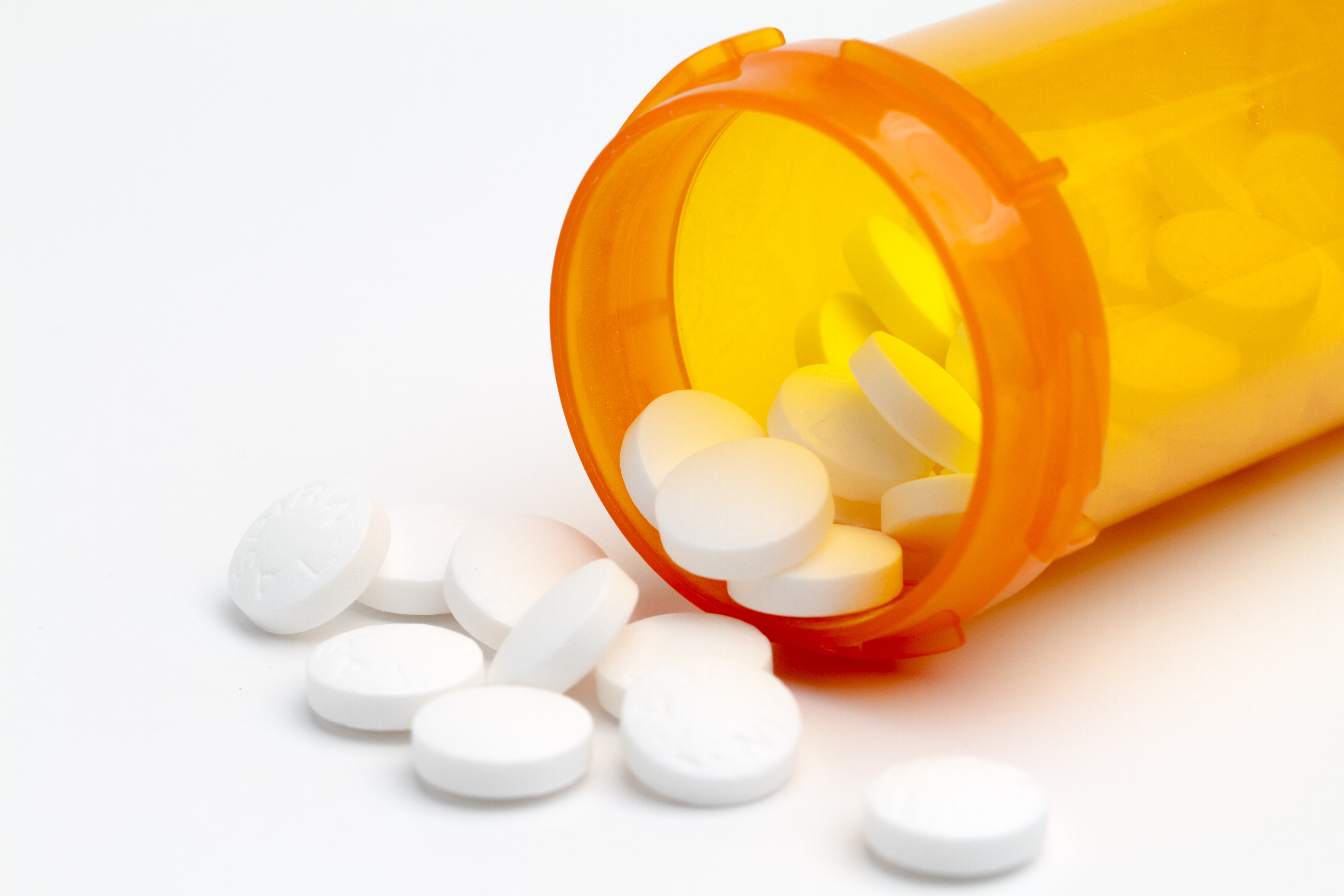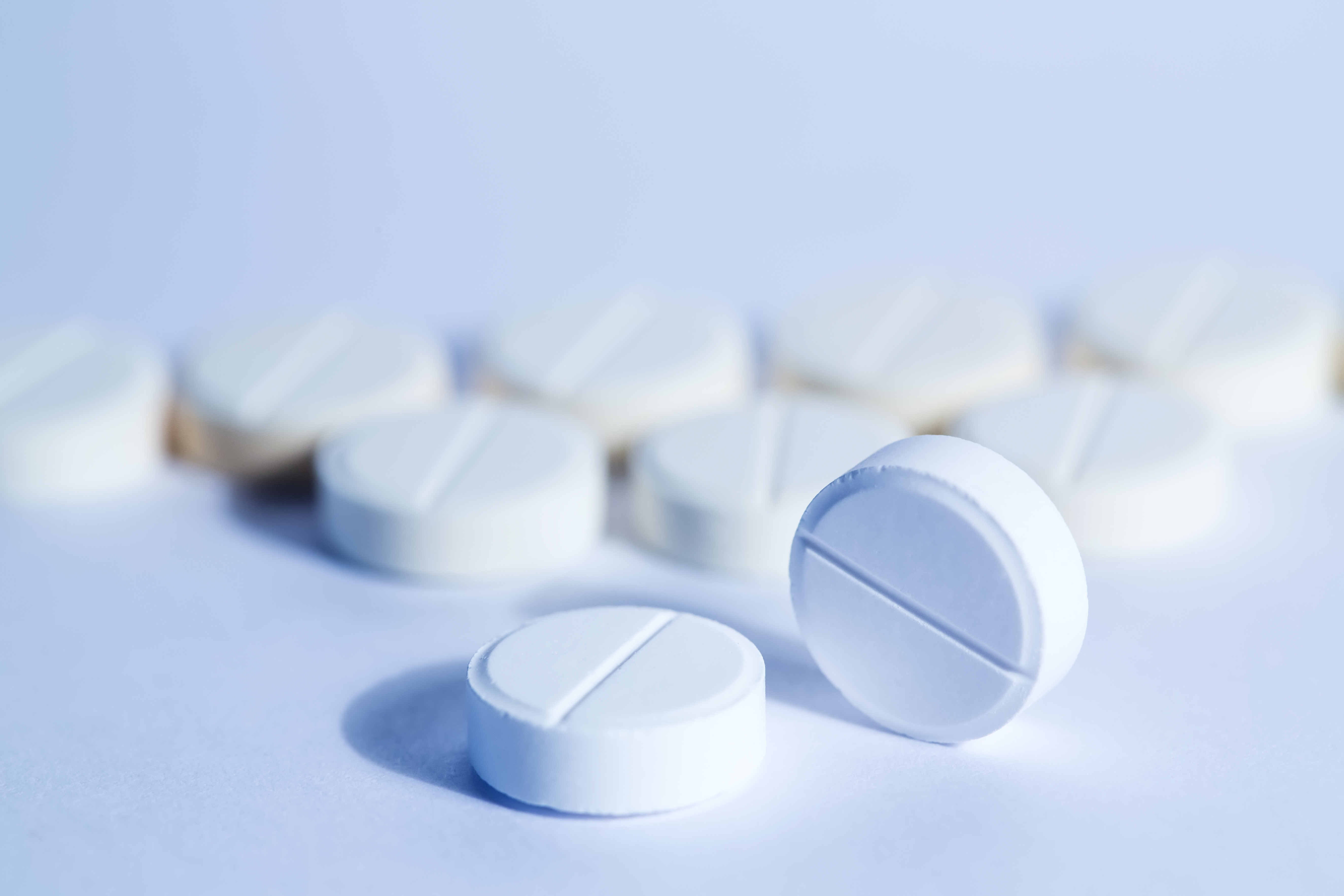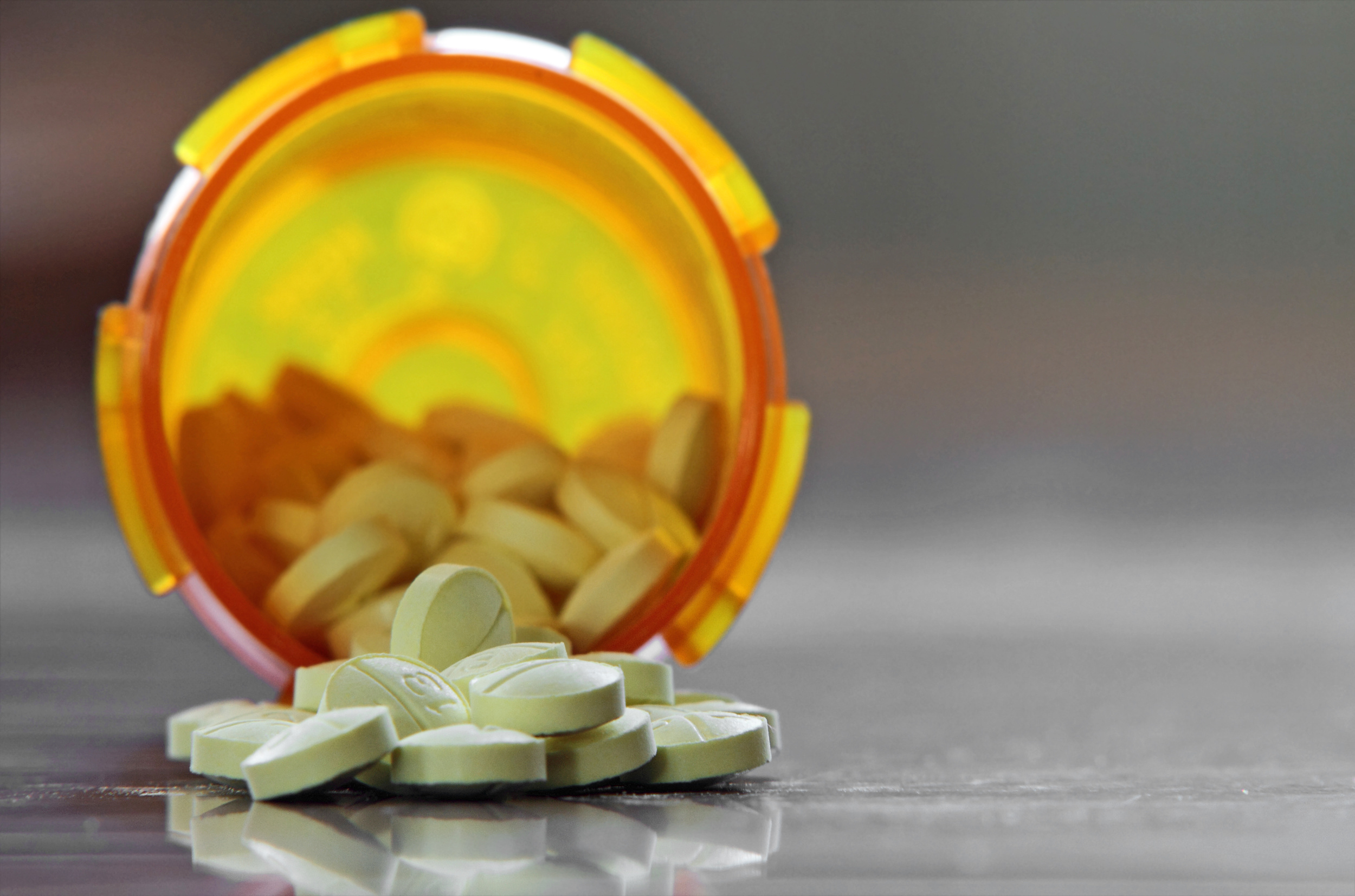Antipsychotics
Antipsychotics are effective treatments for psychotic symptoms, which are sometimes found in people with bipolar disorder, particularly if they are in a manic phase of the disorder. Psychotic symptoms most commonly involve hallucinations and delusions, which can significantly effect a person’s day-to-day functioning, quality of life, and cognition. Antipsychotics are often administered in combination with mood stabilisers or antidepressants. Click on the tabs below to access the information on each antipsychotic, or browse the drop-down menu on the left.
Image: ©Andrzej Tokarski – stock.adobe.com

Aripiprazole
What is aripiprazole? The primary treatments for bipolar disorder are pharmacological, and often involve second generation antipsychotic drugs such as aripiprazole. Aripiprazole is is a partial agonist of dopamine D2 and serotonin 5-HT1A receptors and an antagonist of 5-HT2A receptors. It has a distinct receptor-binding profile compared to other second generation antipsychotic drugs. What is the evidence for aripiprazole as a treatment for bipolar disorder? Mania and psychotic symptoms Moderate quality evidence suggests a small effect of greater improvement with aripiprazole than with placebo. The effect for mania is large in pediatric patients. There were no differences in mania symptoms…

Asenapine
What is asenapine? The treatment of bipolar disorder is complex due to the presence of varying configurations of symptoms in patients. The primary treatments for bipolar disorder are pharmacological, and often involve second generation antipsychotic drugs, such as asenapine. Based on its high affinity for seratonin receptors, asenapine has been proposed as a treatment for bipolar disorder. What is the evidence for asenapine as a treatment for bipolar disorder? Moderate to high quality evidence suggests small to medium-sized effects of greater improvement in mania and depression symptoms with asenapine monotherapy than with placebo. However, there were more extrapyramidal side effects,…

Cariprazine
What is cariprazine? The treatment of bipolar disorder is complex due to the presence of varying configurations of symptoms in patients. The primary treatments for bipolar disorder are pharmacological, and often involve second generation antipsychotic drugs, such as cariprazine. Based on its high affinity for dopamine receptors, cariprazine has been proposed as a treatment for bipolar disorder. What is the evidence for cariprazine as treatment for bipolar disorder? High quality evidence suggests cariprazine is associated with greater improvements in mania and depression than placebo, but is associated with more adverse effects including akathisia, tremor, restlessness, and weight gain. Moderate quality…

Clozapine
What is clozapine for bipolar disorder? The treatment of bipolar disorder is complex due to the presence of varying configurations of symptoms in patients. The primary treatments for bipolar disorder are pharmacological, and often involve second generation antipsychotics. Based on its high affinity for both serotonin and dopamine receptors, clozapine has been proposed as a treatment for the disorder. What is the evidence for clozapine? Moderate to low quality evidence suggests improved symptoms and reduced hospitalisation, suicidal ideation, and aggressive behaviour, and also improved social functioning with clozapine in people with treatment-resistant bipolar disorder. There were no differences in efficacy…

Haloperidol
What is haloperidol? The treatment of bipolar disorder is complex due to the presence of varying configurations of symptoms in patients. The primary treatments for bipolar disorder are pharmacological, and often involve antipsychotic drugs such as the first-generation antipsychotic haloperidol. What is the evidence for haloperidol for bipolar disorder? Moderate quality evidence suggests medium-sized effects of greater improvement in acute mania symptoms with haloperidol than with placebo, topiramate, or lamotrigine, although there was more improvement with tamoxefin than with haloperidol. There was more all-cause discontinuation with haloperidol than with olanzapine, and less all-cause discontinuation with haloperidol than with topiramate. Moderate…

Lurasidone
What is lurasidone? The treatment of bipolar disorder is complex due to the presence of varying configurations of symptoms in patients. The primary treatments for bipolar disorder are pharmacological, and often involve antipsychotic drugs such as second-generation antipsychotic, lurasidone. What is the evidence for lurasidone as treatment for bipolar disorder? Moderate to high quality evidence suggests significant, small to medium-sized effects of greater improvement in depression symptoms and better response to treatment with lurasidone adjunctive to mood stabilisers than with placebo adjunctive to mood stabilisers. Moderate to low quality evidence also suggests higher rates of remission with adjunctive lurasidone. There…

Olanzapine
What is olanzapine? The treatment of bipolar disorder is complex due to the presence of varying configurations of symptoms in patients. The primary treatments for bipolar disorder are pharmacological, and often involve antipsychotic drugs such as the second-generation antipsychotic, olanzapine. What is the evidence for olanzapine as treatment for bipolar disorder? Symptoms Moderate to high quality evidence suggests significant, small to medium-sized effects of greater improvement in depression symptoms and better response to treatment with olanzapine than with placebo. Olanzapine + fluoxetine resulted in greater improvement in depression symptoms and response than olanzapine alone. Moderate to high quality evidence suggests…

Paliperidone
What is paliperidone? The treatment of bipolar disorder is complex due to the presence of varying configurations of symptoms in patients. The primary treatments for bipolar disorder are pharmacological, and often involve antipsychotic drugs such as the second-generation antipsychotic, paliperidone. What is the evidence for paliperidone as treatment for bipolar disorder? Moderate quality evidence suggests small to medium-sized effects of greater improvement in acute mania symptoms with paliperidone than with placebo or topiramate, although there was greater improvement with tamoxefin than with paliperidone. There was less all-cause discontinuation with paliperidone than with topiramate. Moderate to low quality evidence suggests suggests…

Quetiapine
What is quetiapine? The treatment of bipolar disorder is complex due to the presence of varying configurations of symptoms in patients. The primary treatments for bipolar disorder are pharmacological, and often involve second-generation antipsychotic drugs, such as quetiapine. Based on its high affinity for dopamine and serotonin receptors, quetiapine has been proposed as a treatment for bipolar disorder. What is the evidence for quetiapine as treatment for bipolar disorder? Symptoms and functioning Moderate to high quality evidence suggests quetiapine was more effective than placebo for symptoms, response, remission, quality of life, sleep, and disability in adults, but not in children,…

Risperidone
What is risperidone? The treatment of bipolar disorder is complex due to the presence of varying configurations of symptoms in patients. The primary treatments for bipolar disorder are pharmacological, and often involve second generation antipsychotic drugs, such as risperidone. Based on its affinity for dopamine and serotonin receptors, risperidone has been proposed as a treatment for bipolar disorder. What is the evidence for risperidone as treatment for bipolar disorder? Symptoms Moderate quality evidence suggests small to medium-sized effects of greater improvement in acute mania symptoms with risperidone than with placebo, aripiprazole, lithium, valporate, lamotrigine, licarbazepine, or topiramate, although there was…

Ziprasidone
What is ziprasidone? The treatment of bipolar disorder is complex due to the presence of varying configurations of symptoms in patients. The primary treatments for bipolar disorder are pharmacological, and often involve antipsychotic drugs such as the second-generation antipsychotic, ziprasidone. What is the evidence for ziprasidone as treatment for bipolar disorder? Symptoms Moderate quality evidence suggests small to medium-sized effects of better improvement in acute mania symptoms with ziprasidone than with placebo or topiramate, although there was better improvement in mania symptoms with tamoxefin than with ziprasidone. Moderate to low quality evidence finds no differences in acute depression between ziprasidone…
Green - Topic summary is available.
Orange - Topic summary is being compiled.
Red - Topic summary has no current systematic review available.
